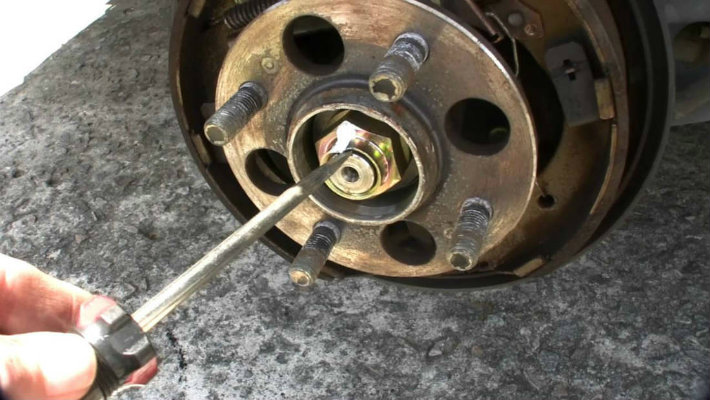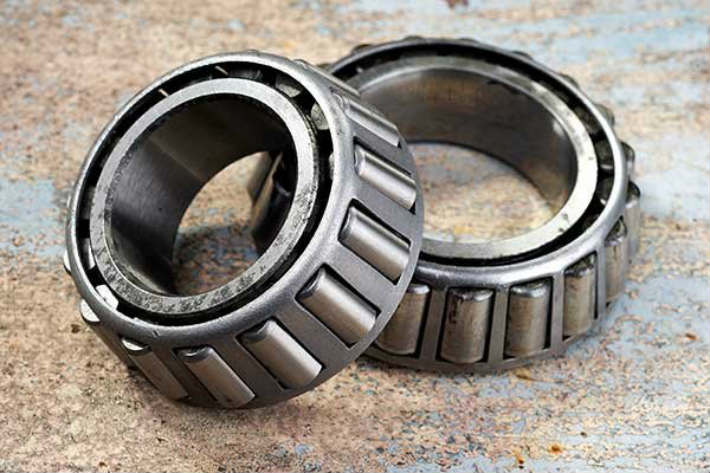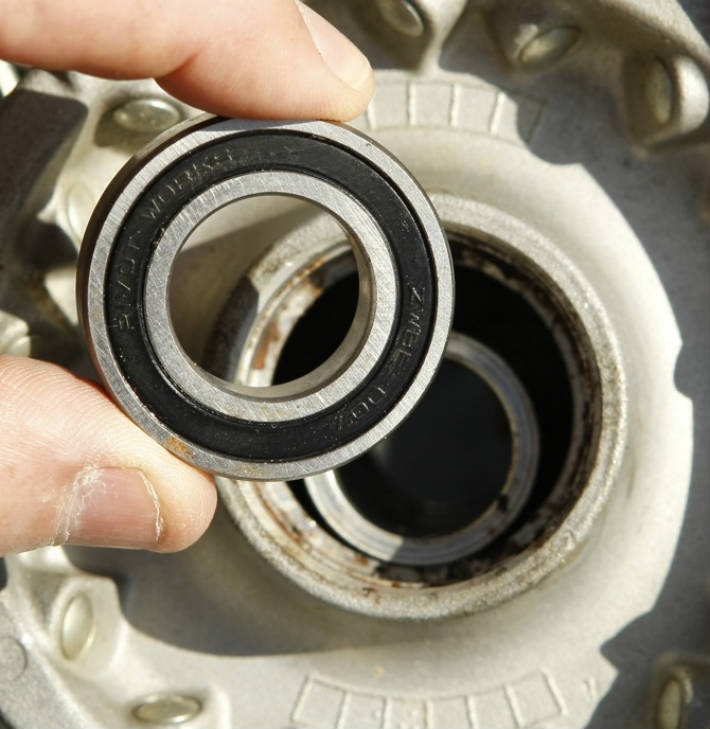Contents
Your vehicle’s wheel bearings are an essential part designed to minimise friction when the wheels are turning, which can make a huge contribution towards fuel savings and the reduction of carbon emissions. If you suspect your wheel bearings are wearing down, then you should probably consider replacing them as soon as possible. But with so many different hub bearing assembly models available nowadays, picking the right one can be cumbersome. In order to find the most functional, quality bearings, you need to consider a few different factors.

Compatibility
You need to make sure the hub bearing assembly you’re considering fits your vehicle make and model properly. Different makes and models require different types of hub bearings. Furthermore, you’ll need to consider your vehicle’s load capability and weight, as that can impact your choice as well. Generally, most online wheel bearing vendors have a tool that lets you check whether the bearings are compatible with your vehicle, so that shouldn’t be too difficult to figure out if you’re willing to spend a few minutes searching.
Material
Not all wheel bearings for sale are made out of the same material, which can impact their durability and their overall longevity. You want bearings that are made of a material which allows for elasticity, due to the fact that the bearing needs to return to its original shape to operate properly. Less flexibility in wheel bearings translates to a reduced lifespan. Besides elasticity, you want the material to be capable of bearing the appropriate weight load. This can vary depending on the model, make and size of your vehicle. For example, wheel bearings for semi-trucks are made of more durable materials than bearings for small automobiles.

Corrosion-Resistant Properties
Corrosion can be a serious problem with bearings, and it’s one of the leading factors for bearing failure. Most of the time, bearings get corroded by moisture and water, but sometimes they can be corroded by the oil you use to lubricate them as well. That being said, look for bearings that are made of corrosion-resistant materials, as they can withstand being exposed to water and the elements.
Thermal Conductivity
This is not something most buyers think about when shopping for wheel bearings, but it’s still an incredibly important factor to consider, as it has a significant impact on the durability and safety of the bearing itself. When tyres rotate during a drive, they produce heat from the friction occurring. This heat can warp the bearing, causing it to become damaged. Bearings that are made from a high thermal conductivity material are less likely to warp under this heat, so make sure you check out the spec sheet and look for the high thermal conductivity rating.
Service and Maintenance
The bearings should be professionally serviced and cleaned every 30.000-40.000kms. By doing that, you can prolong their durability and longevity significantly, especially if you’re driving around areas filled with dirt, dust, road salt, mud and rainwater. This type of contaminant exposure can reduce your entire vehicle’s lifespan if not regularly cleaned. That being said, check whether the bearing has an easy-cleaning design and is made with a material that can be cleaned with standard car part cleaners.

But how do you know when it’s time for the wheel bearings to be replaced? Some of the most common signs are unusual clunk noises when driving under uneven road surfaces, you may hear some whining and grinding noise while driving on even, smooth surfaces, or you may hear a distinct rumbling sound when you speed up or turn the vehicle. Further, you may get some steering wheel issues, like the steering is loose or vague and it doesn’t respond accurately to your motions, or a vibrating steering wheel when you accelerate.
If you’ve noticed any of these symptoms while driving, make sure you get your vehicle inspected promptly. Your bearings won’t fail immediately after these symptoms occur, but the longer you wait to deal with the issue, the more likely it is that it will only get worse over time, and with that, much unsafer. This is due to the fact that the bearings connect your steering wheel to the rest of your vehicle, so if left unchecked, a damaged bearing can cause you to lose control and get into some serious trouble.
Typically, wheel bearings are designed to last for about 130.000-150.000km. However, their lifespan can vary greatly on the quality of the roads you drive on, the exposure to debris like dust, water, road salt and mud, the load-bearing capacity of the bearing versus the load in your vehicle, potential system failures and faulty installations, and the quality of the bearing itself. You can help prolong the longevity of the bearings by making sure you have the right ones installed on your vehicle, by avoiding poor road conditions, and servicing and cleaning the bearings regularly.



